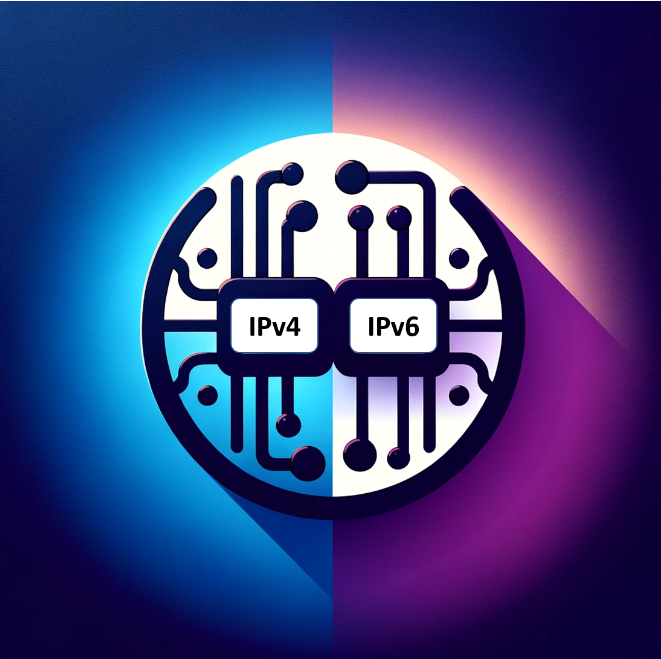As we surge into 2024, the internet continues to be the backbone of modern communication, business, and technology. At the core of this digital ecosystem are two pivotal protocols: IPv4 and IPv6. Understanding the distinction between these protocols is essential for navigating the future of internet technologies, particularly as we embrace new paradigms.

IPv4, or Internet Protocol version 4, has been the cornerstone of internet communication since its inception. However, its limited address space has led to the exhaustion of available addresses, prompting the need for a more scalable solution. Enter IPv6, or Internet Protocol version 6, which was developed to address the limitations of IPv4 and to ensure the internet’s continued growth.
| Feature | IPv4 | IPv6 |
| Address Length | 32-bit | 128-bit |
| Address Configuration | Manual and DHCP | Manual and Auto-configuration |
| Address Space | Approximately 4.3 billion addresses | Virtually unlimited addresses |
| Security | Optional IPsec support | Mandatory IPsec support |
| IP Classes | Classes A to E | No class system |
| Header Format | 20-60 bytes | Fixed 40 bytes |
| Routing Performance | Routing protocol (RIP) supported | Uses static routes, no RIP |
This table underscores the advancements IPv6 offers over IPv4, particularly in terms of address space, security, and efficiency.
A significant advantage of IPv6 is its integrated support for IPsec (Internet Protocol Security), which offers end-to-end security by authenticating and encrypting each IP packet of a communication session. While IPsec can be implemented in IPv4, it’s optional and often deemed complex. IPv6, however, mandates IPsec support, making it a fundamental part of the protocol. This ensures that data transmitted over IPv6 networks has integrity, confidentiality, and is authenticated, marking a significant step forward in internet security.
Implementing IPsec in IPv4 networks faces hurdles like Network Address Translation (NAT) incompatibility and the inherent separation of IPsec support. Conversely, IPv6’s design integrates IPsec, simplifying its deployment and enhancing security measures without the complexities faced by IPv4 implementations.
For organizations transitioning to IPv6, adhering to best practices for IPsec implementation is crucial. These include leveraging IPv6’s mandatory support for IPsec, utilizing Authentication Headers (AH) and Encapsulating Security Payload (ESP) for data protection, and employing Virtual Tunnel Interfaces (VTIs) for secure site-to-site connections. Regular updates and policy reviews are also essential to counter new threats.
The transition from IPv4 to IPv6 is more than a technical upgrade; it represents a shift towards a more secure, efficient, and scalable internet. IPv6’s vast address space is pivotal for the growth of IoT and the deployment of 5G networks, providing the infrastructure needed to support billions of devices.
While the adoption of IPv6 has been gradual, its importance cannot be overstated. As the internet continues to evolve, IPv6 will play a critical role in shaping its future, offering a platform that can accommodate the next generation of internet technologies.
In summary, the shift from IPv4 to IPv6 is a critical step in the internet’s evolution. IPv6 not only addresses the limitations of IPv4 but also introduces significant improvements in security, efficiency, and scalability. As we look forward, the adoption of IPv6 will be crucial for enabling the technologies of tomorrow, ensuring the internet remains a cornerstone of global communication, innovation, and connectivity.

Evgeny Sevastyanov
Client Support Teamleader